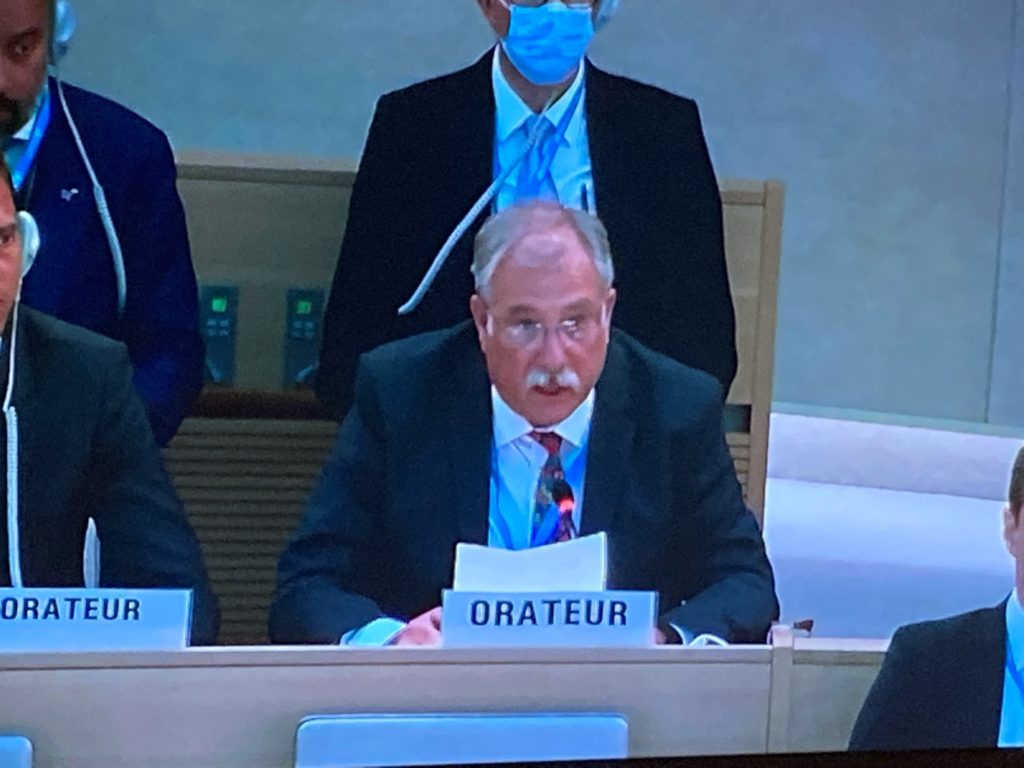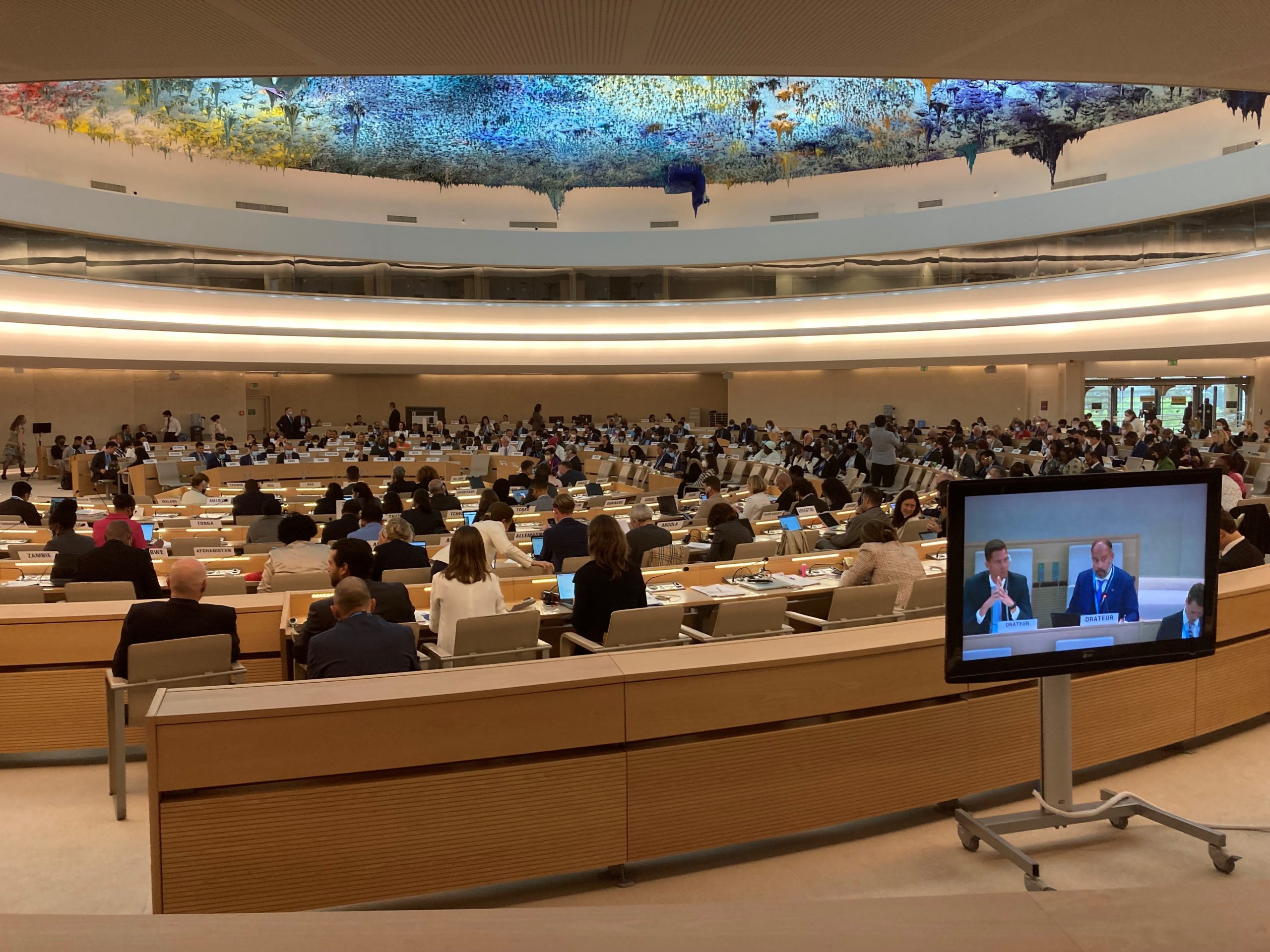WFSA joined IFSC, ICC, WFNS, SICOT and WSO to issue a constituency statement on WHA 75 agenda item 16.2: Strengthening WHO preparedness for and response to health emergencies
We welcome the work that has gone into strengthening WHO preparedness for and response to health emergencies.

A resilient and responsive health system is an indispensable part of health emergency preparedness, including for pandemics. Global experiences during the Covid-19 pandemic showed that critical care specialists such as anaesthesiologists, intensivists and surgeons are vital frontline workers. Covid-19 started as a local outbreak. Most global health emergencies are due to natural and manmade disasters where early local multidisciplinary trauma care is critical.
A critical question then is how to equip remote communities at local level to deal with the initial impact of health emergencies. We suggest that investing in facilities that can provide essential and emergency surgery and anaesthesia will provide the appropriate level of investment to optimise global capacity in preparedness for and response to health emergencies. Resolution WHA 68.15 and extensive published research clearly support the cost-effectiveness of investing in essential surgery and anaesthesia services at first level or district level hospitals.
Surgical systems and manpower function as a proxy for providing rapid care for a wide range of emergencies. Hospitals that can provide essential surgical and anaesthesia care have the manpower at medical, nursing and auxiliary levels and the infrastructure (in power, water, oxygen, transport systems, laboratories, blood transfusion services etc) to manage critically ill patients, triage mass casualties, provide primary trauma care and manage surges during pandemics.
Better preparedness does not only apply to surgical and trauma patients, but to a wide range of emergencies. All medical emergencies will be better managed at hospitals equipped to this level. Patients who present as emergencies due to stroke, cardiovascular complications, diabetes mellitus, cancer and many other NCDs will need combined medical, surgical, specialist nursing and often critical care.
We, therefore, call on the member states to regard the design, equipping and staffing of district hospitals to the level where such hospitals can provide essential and emergency surgery and anaesthesia as critical in achieving global preparedness for all health emergencies.






